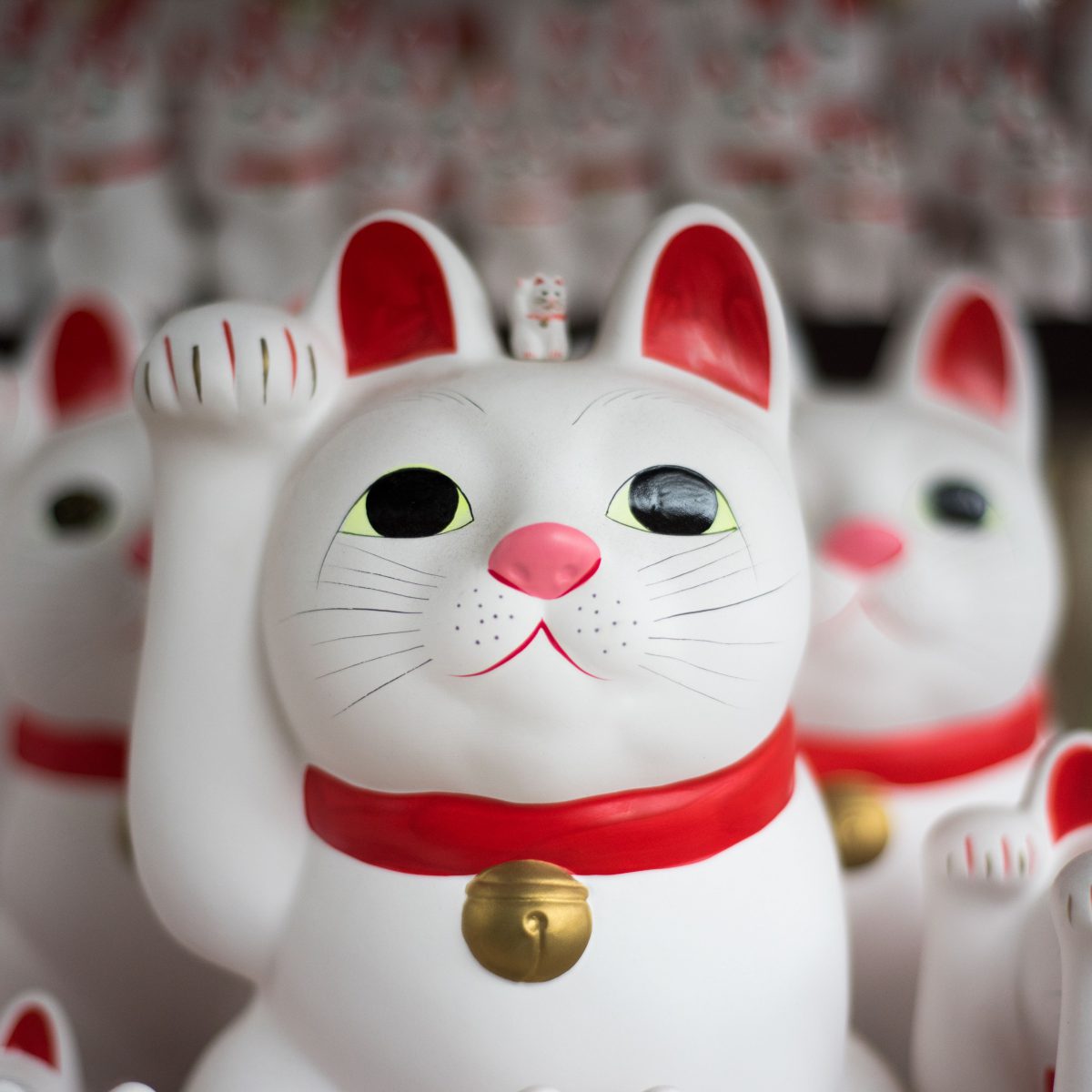
Embracing the ancient Chinese spatial laws of feng shui is a leap of faith for those who don’t believe a home can have a money or relationship sector.
Yet, the philosophy can contribute to making every room feel calm and happy. And if you are preparing your house for sale, the art of feng shui would actually add thousands to your sale price, and even hasten the bids.
We’ve all had that feeling when we feel the need to rearrange furniture because the room just doesn’t feel right, or it doesn’t work the way you want.
This is where feng shui comes in. It is based on a simple approach to making your home more organised.
The impact can be dramatic and be a powerful approach to preparing a home for sale with the potential of increasing its value.
Here are seven great tips to give your house the benefit of feng shui.
Get rid of the clutter
The Chinese see clutter as a blockage to clear thought. Make sure every item in your room has a purpose. That doesn’t mean the room has to be perfectly styled. Instead, ensure it has functionality without needless embellishment. The result will help simplify your life. The car keys will no longer mysteriously move on their own because you’ll have a designated location for them. The book you put down and now cannot find will miraculously appear where you left it.
Let in the light
House buyers are strongly influenced by the predominance of light in a room and across the entire property. Not surprisingly, feng shui puts this element of living high on the list, too. In homes starved of light, the more mirrors the better. They reflect the existing light and make rooms feel larger. The key to using mirrors in feng shui is to make sure they reflect positive aspects of your home and life, rather than a broom cupboard or laundry.
Energy flows are important
Feng shui demands that you trap the positive energies (chi) so that it doesn’t sweep through the front of the house and out the other side. If you have a clear line of vision between the front door and backdoor, then you need to place furniture strategically to trap the chi. Feng shui also has a problem with staircases that point toward to the front door for the same reason – the chi runs down the stairs and out of the house. A solution would be to create an atmosphere in the entry area where visitors might stop or pause. Artwork is perfect to slow the energy.
Power of the ‘Five Elements’
Another foundation principal of feng shui is the importance of the so-called five elements – earth, wood, fire, metal and water. You must try to strike a balance with these. Using water may mean a small fountain in the garden. Inside, if you don’t have a fire place then candles are a winner. Wood can be represented by furniture or even the colour green. Consider candle holders or ornaments of metal to strike a balance and complete the ‘five elements’.
Kitchen capers
The philosophy of the “Five Elements’ is never stronger than in the kitchen. Feng shui suggests using the fridge, stove and sink as points of a triangle. If the cooker and basin are opposite each other – water extinguishes fire – then an object or colour such as green that represents wood will calm this juxtaposition of the elements.
Symbolism is powerful
Feng shui says that single pieces of furniture – say, a vase – represents negative symbolism. Instead, you should embrace pairs, especially for ornaments and photographs of family, as pairs represent relationships. Negativity is also produced by mirrors that are hung too high, or surfaces covered with unwanted or discarded items, such as newspapers or handbags that haven’t been put away. This circles back to de-cluttering but is more far-reaching. Walk through your home and consider where negative symbolism might exist.
Career and reputation
Feng shui is powerful if you are concerned with your reputation or career. Displays of professional accolades is encouraged. It’s like having lucky charms. A well-lit entry encourages career progress and you should consider putting an item that represents your career or passion near the door as this has powerful symbolism.

